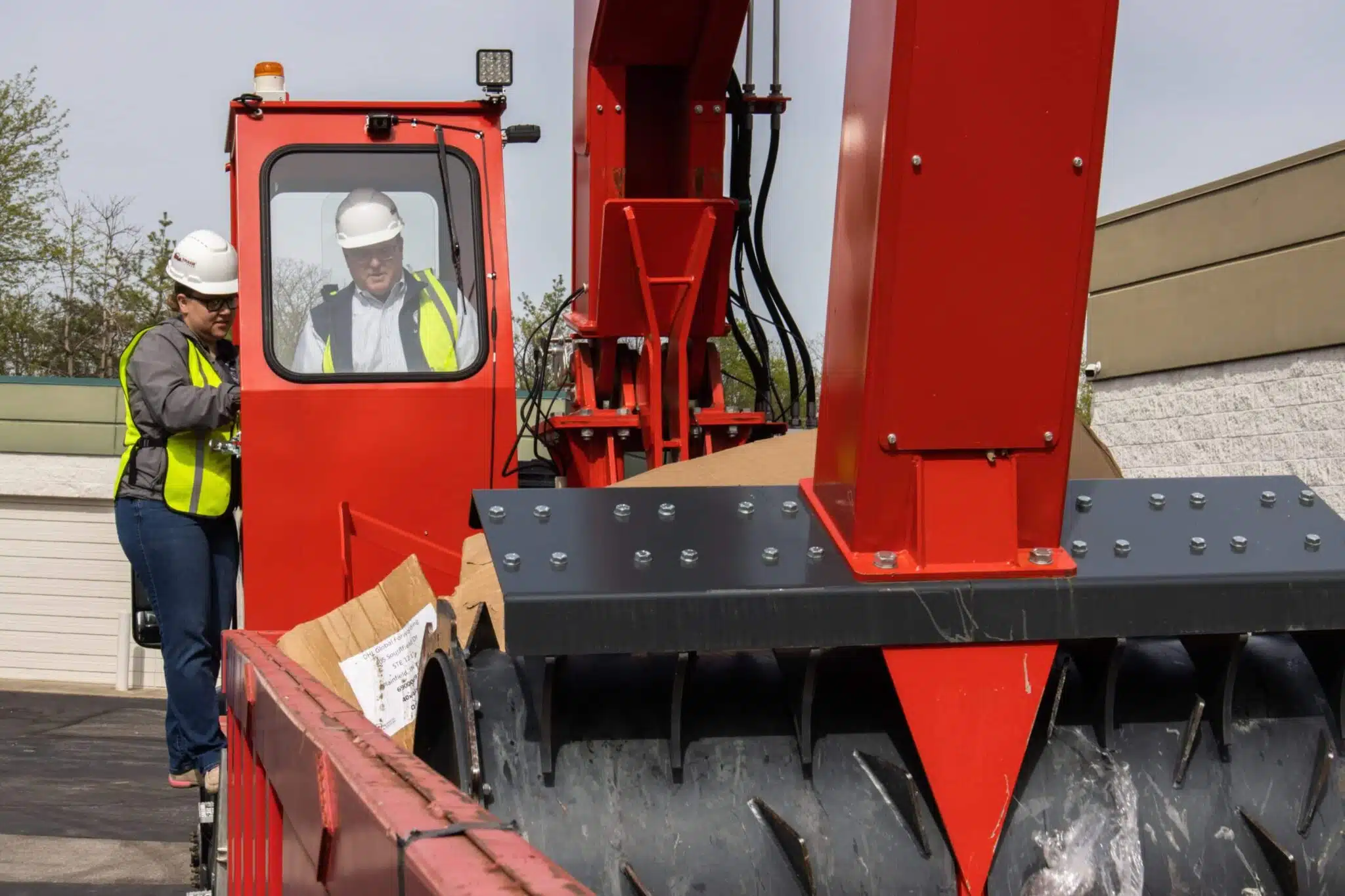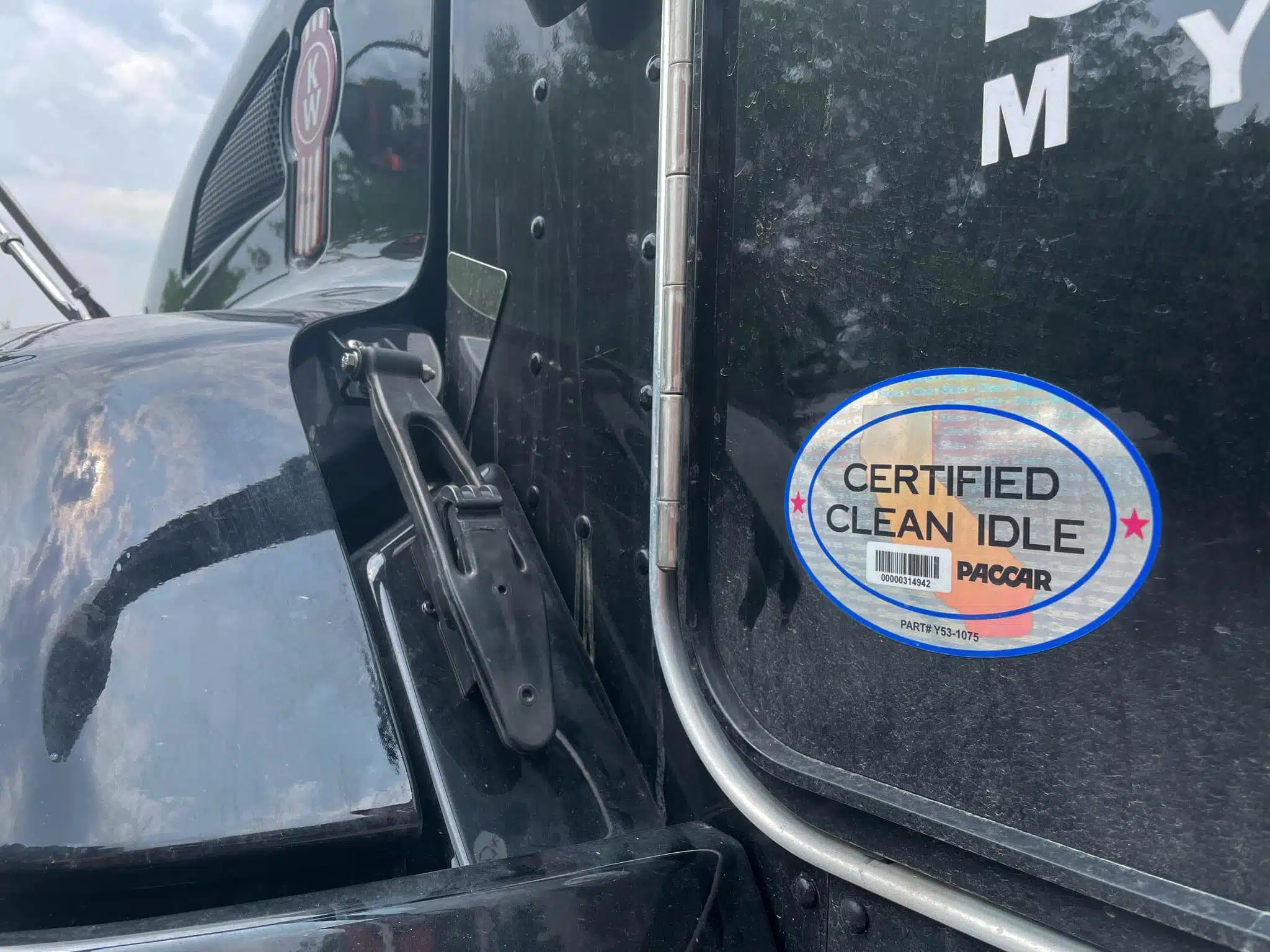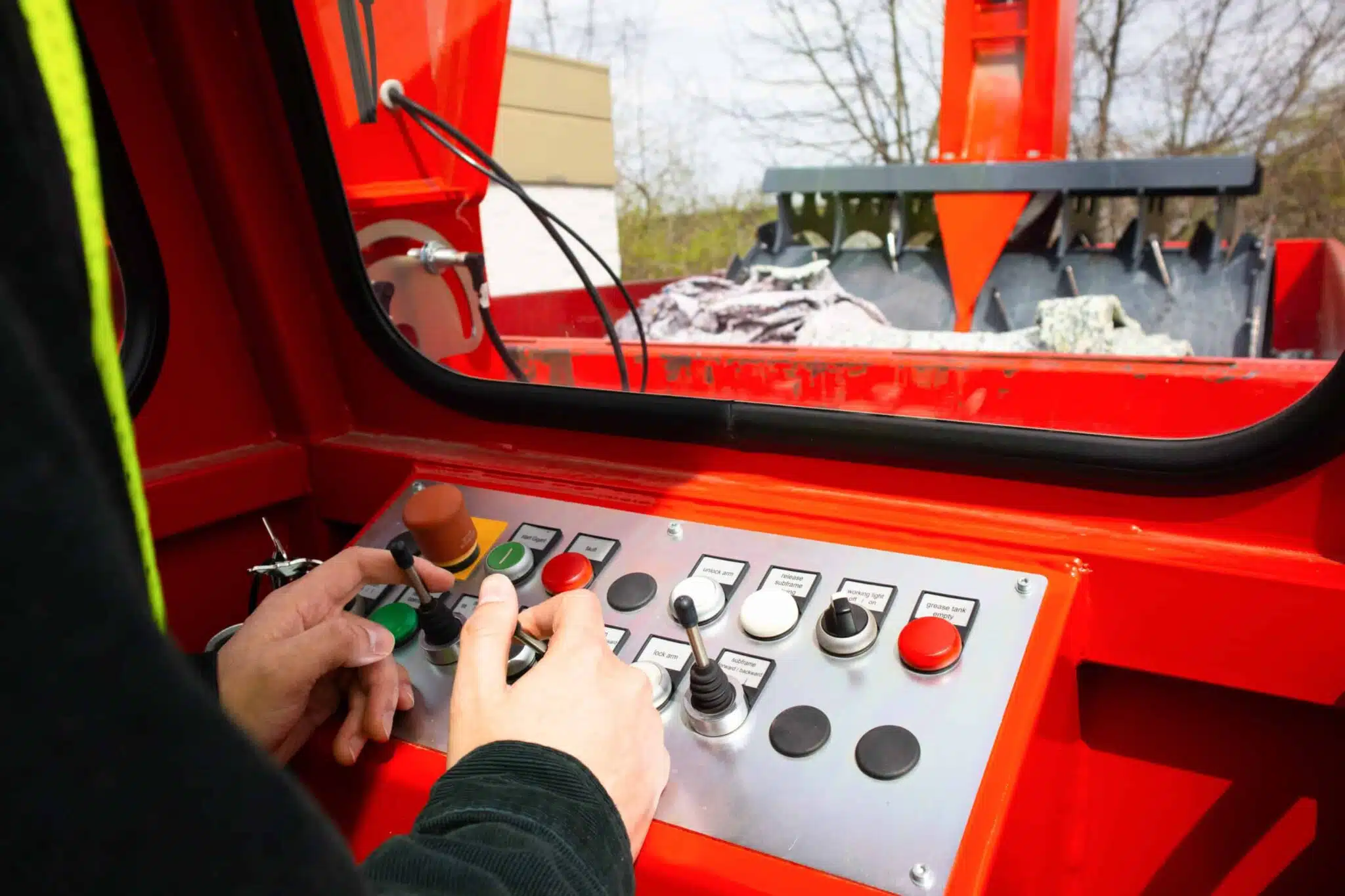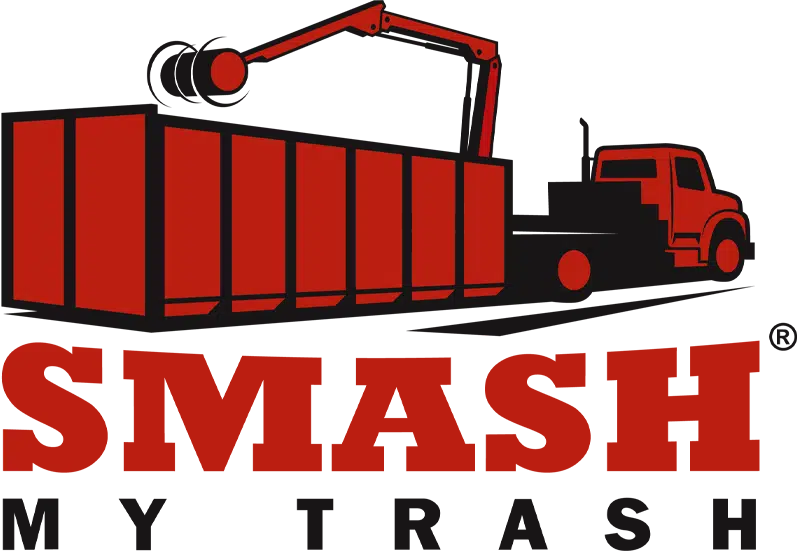As an emerging service in the United States, the mobile waste compaction industry doesn’t have significant data sources to prove efficiency, environmental footprint, and associated cost benefits. That’s why at Smash My Trash, we sought out an independent third-party researcher to study our results. Trinity Consultants have worked within the regulatory. Their 2022 technical report shows significant findings in favor of Smash My Trash positively impacting the environment, improving the efficiency of dumpster waste management, and limiting the amount of hauls necessary long-term.
The SMT Business Model: What is Dumpster Compaction?
Dumpster compaction is a process that improves the volume of dumpster waste, in turn lowering the number of necessary hauls to the landfill. Our business model makes processing dumpster waste more efficient by utilizing this practice of dumpster compaction. This is possible with the help of a mobile waste compaction unit. At SMT we call these units Smash Trucks®Ⓡ.
Trinity Consultants have validated these practices with their research on SMT services. Their findings help explain why this service saves customers time and money, reduces carbon emissions, and lowers the number of hauls needed.
“SMT is a disruptive innovator in the waste management services sector that helps businesses to reduce the waste processing costs while providing emission reduction benefits.”

The Environmental Impact of Dumpster Compaction
The results from the whitepaper research link SMT’s dumpster compaction of waste work to a quantifiable reduction in carbon emissions. Trinity Consultants found some fascinating data associated with annual CO2 levels.
“The average default client can see a reduction of approximately 18,000 pounds of CO2 per year by utilizing Smash My Trash services.”
“Scaling the individual client data, it is estimated the SMT business saves approximately 155,333,611 pounds of CO2 per year.”
This annual reduction in CO2 per year is the equivalent of 7,928,226 gallons of gasoline or removing 15,182 cars off the road each year. These staggering statistics highlight just how big the environmental impact a busy hauler truck can have on the environment.
These figures are possible with 3 key areas of improvement that lead to compounding results in favor of the business owner.

3 Proven Ways Dumpster Compaction Reduces Carbon Emissions
A valuable portion of this whitepaper is the tool developed by Trinity Consultants used to conduct baseline scenarios of waste collection with businesses utilizing SMT services. This tool compares carbon emissions from standard waste collection services versus waste collection by haulers picking up SMT serviced dumpsters.
There are three emissions categories Trinity considered when developing this tool.
- Emissions from vehicle miles traveled
- Emissions from idling at client and waste collection sites
- Emissions associated with running the SMT vehicle during the smashing event
Through these three categories, we can get an accurate estimate of emissions associated with haulers versus SMT services by properly associating emissions to the correct source. If you’d like to read into the details of the study, fill out the form at the bottom of the page to receive a free pdf download of the whitepaper research.
1. Reduces Waste Hauls Needed
One of the key reasons SMT’s waste management model reduces carbon emissions relates to the number of waste hauls needed. According to the research from Trinity Consultants, this has a direct correlation with reducing miles traveled by hauling trucks day-to-day.
Hauling waste is a compounded practice by the amount of waste and the number of customers requiring the service. Cutting back on the amount of trips necessary directly ties into the additional route needed to pick up and dispose of the trash. Limiting these services in turn has a positive impact on the environment.
“SMT help businesses reduce the waste processing costs while providing emission reduction benefits by employing SMT’s proprietary technology that reduces waste volume by approximately 70%, therefore, lowering the frequency of waste hauling trips required to the landfill.”
2. Reduces Truck Idling Time
Idle time is an important factor in the equation necessary for conducting this study. Idling time is defined as the time a vehicle spends in Park or Neutral while running the engine. During this period the vehicle is running but not moving from its destination.
“When clients request waste hauling services, the refuse trucks spend time at a client site prepping and collecting the load and also delivering the emptied dumpster. There is also idling time stemming from the delivery of the waste at the delivery location”
When we consider the number of hauls reduced from SMT services, we also need to factor in the reduction in harmful idle time from hauler vehicles.
“Reducing the frequency of waste hauling trips would reduce emissions from not only the vehicle miles traveled by refuse trucks, but by also reducing time spent idling at client and waste collections sites to prepare and deliver the load.”

One of the additional benefits of SMT Smash Trucks®Ⓡ is the “clean idle” design. Smash Trucks® are all California Clean-Idle Certified vehicles, meaning the vehicles have a lower nitrogen oxide output than the average diesel vehicle.
3. Reduces Reactive Waste Management
Reactive is all about acting in response to a situation rather than controlling/creating the solution.
Too much waste management is about reactive practices. Businesses are surprised to see the amount of trash piling up, trash is hauled away in an on-demand manner, additional bins are added as the business grows, etc.
Proactive is the opposite of reactive, meaning you are taking control of a situation by being the cause of something happening rather than responding to it after it has happened.
Part of what sets SMT apart is the proactive management of open-top dumpsters. Through a layered approach to compacting waste, we are setting businesses up for success before an issue arises.
We see how this proactive approach to waste management is compounding the results of fewer carbon emissions as more and more businesses are involved.

“This business model allows SMT to plan and optimize the path of the SMT mobile compaction to reduce the vehicle miles traveled to as little as possible.”
“…the SMT business model translates to mobile source air emission reductions as well as some other potential benefits such as optimizing overall landfill space, reducing wear and tear of infrastructure given less truck traffic, and helping with enhancing the biodegradation of some of the material smashed.”
Ready to Reduce Your Business’s Carbon Footprint?
We see through the findings in Trinity Consultant’s whitepaper the positive impact SMT services can have on the environment. SMT contributes to reduced carbon emissions, a reduction in total dumpster waste volume, and gives businesses the opportunity to be proactive with their waste management strategy.
Take the next step towards a better business plan, try out an SMT demo from a location near you. Want to keep reading? Feel free to fill out the form below to receive a free copy of the whitepaper discussed throughout this article.


